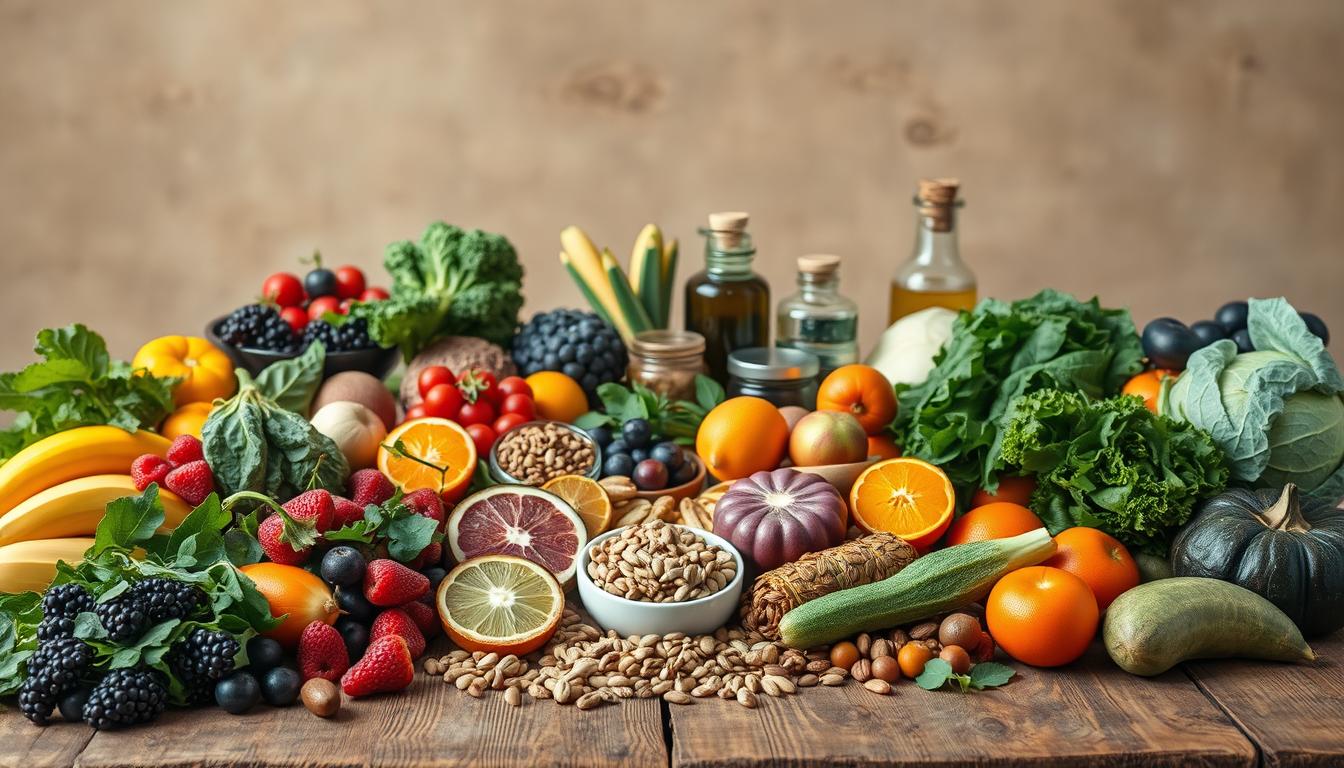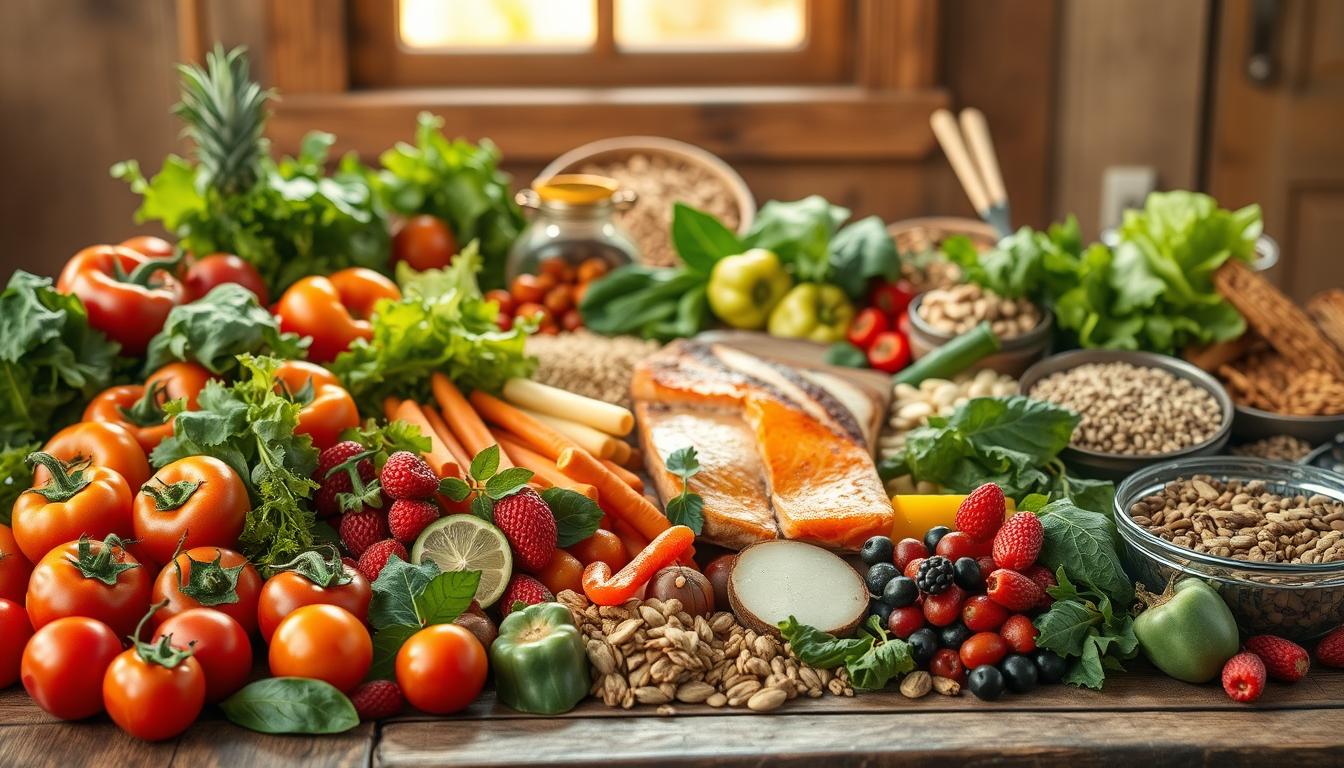Category
Recent Posts
Recent Comments
Archives
Shop Categories
-
 Baby & Maternity22 products
Baby & Maternity22 products -
 Beauty & Health22 products
Beauty & Health22 products -
 Books & Media22 products
Books & Media22 products -
 Cell Phones & Accessories11 product
Cell Phones & Accessories11 product -
 Colors11 product
Colors11 product -
 Digital Products22 products
Digital Products22 products -
 Featured44 products
Featured44 products -
 Fun11 product
Fun11 product -
 Health & Household33 products
Health & Household33 products -
 Jewelry & Accessories22 products
Jewelry & Accessories22 products -
 Kids' Fashion11 product
Kids' Fashion11 product -
 Preschool Learning11 product
Preschool Learning11 product -
 Sports & Outdoors33 products
Sports & Outdoors33 products -
 Toys & Games22 products
Toys & Games22 products -
 Most Popular66 products
Most Popular66 products -
 New Arrival55 products
New Arrival55 products -
 On Sale77 products
On Sale77 products
Popular
-
 Free Parenting Journey Planner: Doctor Visits & Baby Prep
Free Parenting Journey Planner: Doctor Visits & Baby Prep
5.00 $Original price was: 5.00 $.0.00 $Current price is: 0.00 $. -
 Top 10 Preschool Coloring Book Bundle
Top 10 Preschool Coloring Book Bundle
50.00 $Original price was: 50.00 $.14.99 $Current price is: 14.99 $. -
 86pcs/set Elegant Retro Earrings, Multi-layer Necklace, Earrings, Rings, Four-in-one Multi-piece Jewelry Set for Women, Ideal for Daily Outing, Commuting, Mother's Day, Valentine's Day Gifts, No Box
Rated 5.00 out of 5
86pcs/set Elegant Retro Earrings, Multi-layer Necklace, Earrings, Rings, Four-in-one Multi-piece Jewelry Set for Women, Ideal for Daily Outing, Commuting, Mother's Day, Valentine's Day Gifts, No Box
Rated 5.00 out of 514.99 $Original price was: 14.99 $.4.17 $Current price is: 4.17 $. -
 Smiling in the Sky Kite with Free Flying String - Durable Polyester, Mixed Colors, Perfect for Outdoor Fun
Rated 5.00 out of 5
Smiling in the Sky Kite with Free Flying String - Durable Polyester, Mixed Colors, Perfect for Outdoor Fun
Rated 5.00 out of 56.99 $Original price was: 6.99 $.1.35 $Current price is: 1.35 $. -
 Chic Girls' Summer Outfit Set: Strawberry Embroidered Off-Shoulder Top & Heart Belted Shorts - Breathable Polyester, Machine Washable, Perfect for Outdoor
Rated 5.00 out of 5
Chic Girls' Summer Outfit Set: Strawberry Embroidered Off-Shoulder Top & Heart Belted Shorts - Breathable Polyester, Machine Washable, Perfect for Outdoor
Rated 5.00 out of 519.89 $Original price was: 19.89 $.6.39 $Current price is: 6.39 $. -
 1pc Frameless Oversized Gradient Fashion Glasses for Women, Polygonal Metal Hinge, PC Lens, Fashionable UV Protection Eyewear for Outdoor Activities
Rated 5.00 out of 5
1pc Frameless Oversized Gradient Fashion Glasses for Women, Polygonal Metal Hinge, PC Lens, Fashionable UV Protection Eyewear for Outdoor Activities
Rated 5.00 out of 53.47 $Original price was: 3.47 $.2.05 $Current price is: 2.05 $.
Tag Clouds

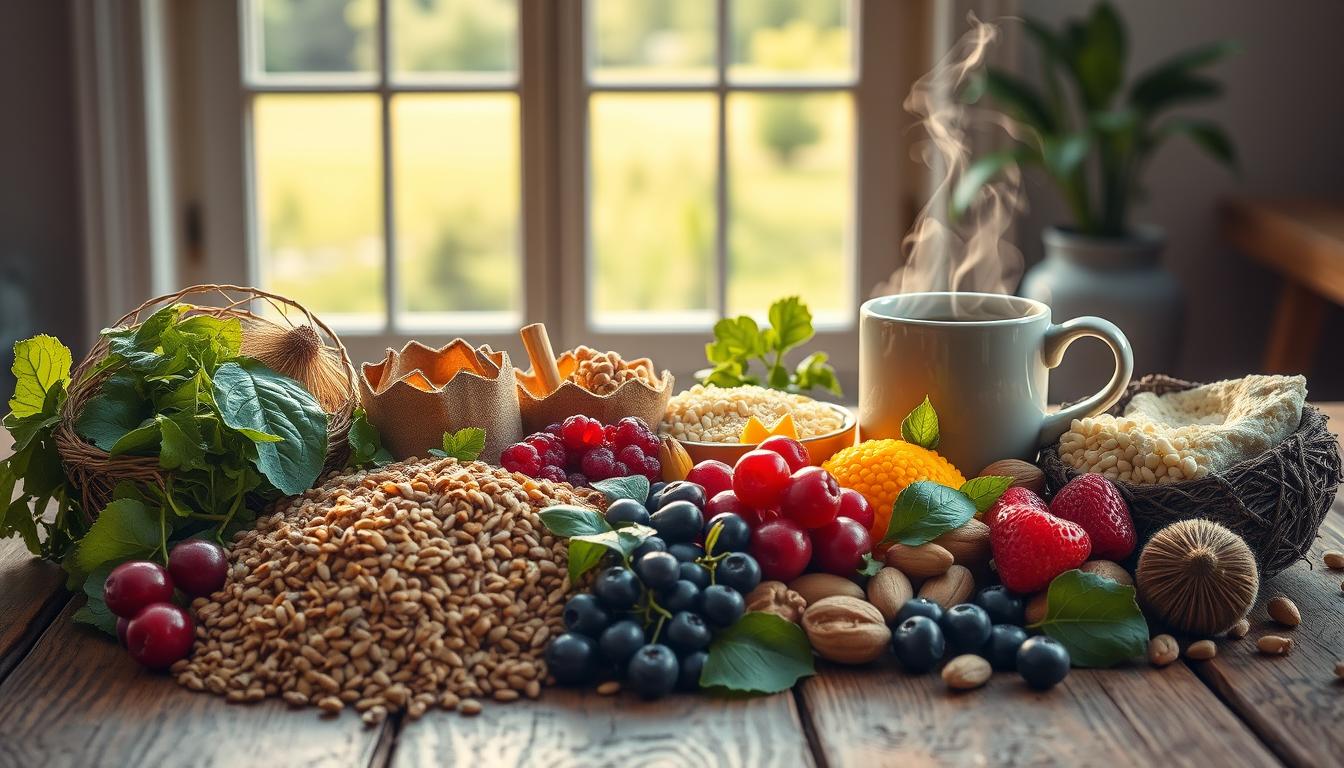
Ever notice how your mood changes with your lunch? Or how snacks affect your stress? Food for mood is real and key for your mental health. Every bite affects your mood and stress levels.
This article explores the link between food and emotions. It shows how to choose food for better stress management. Let’s explore how to find happiness in your kitchen!
- The foods you eat have a direct impact on your mood and emotional state.
- Understanding the link between nutrition and mental health can empower your dietary choices.
- Incorporating mood-boosting foods can significantly aid in stress management.
- Hydration and balanced eating are key for mental well-being.
- Mindful eating habits can make you happier and improve your life.
The Connection Between Food and Mood
Understanding how food affects our mood is key to better choices. What we eat can really change how we feel. Some foods boost good feelings by affecting our brain chemicals.
A diet full of whole foods can help with depression and anxiety. This makes our mental health better.
But, eating when we’re stressed or sad can lead to bad choices. It’s important to notice this pattern. Being aware of our eating can help us break this cycle.
To improve our nutrition and mental health, eat foods that are good for you. These foods help our body and mind feel better. Knowing how food affects our mood helps us make better choices for our well-being.
Mind-Body Connection Explained

The mind-body connection is key to your health. Your feelings can change how your body works, like digestion. Stress or bad feelings can make you want unhealthy foods.
It’s important to know how feelings and food choices are linked. This knowledge helps you make better choices for your health.
Eating right is good for your mind. A balanced diet gives your body what it needs. It helps you think clearly, feel less stressed, and be happier.
Knowing what makes you want to eat badly is important. Being aware helps you avoid bad food choices. This way, you take care of your whole self.
Healthy Eating Habits for Mental Well-being

Eating well is key to feeling good mentally. A balanced diet helps keep your emotions stable. It also helps you function better every day.
Eating at regular times keeps your blood sugar steady. Low blood sugar can make you feel grumpy or tired. So, it’s important to keep your energy up all day.
Eating a variety of foods is important for your mental health. Make sure to eat:
- Fruits and vegetables for essential vitamins
- Whole grains to provide sustained energy
- Lean proteins like chicken, fish, or legumes for brain health
Planning your meals helps you eat healthy. It makes sure you have good food choices. Mindful eating helps you enjoy your food more and listen to your body.
Adding these habits to your life can make you happier and healthier. Even small changes can make a big difference in your mental health.
Food for Mood: Eat for Mental Well-being & Stress

Focusing on your food for mood can really help your mental health. It can also help with eating for stress relief. Some foods are special because they help balance your emotions and mind.
Foods rich in omega-3 fatty acids are great. You can find them in fatty fish, walnuts, and chia seeds. They help your brain and make you feel better.
Vitamins and minerals are also key for your mental health. B vitamins help with mood. You can get them from beans, lentils, and whole grains. Eating these can really change how you feel every day.
Choosing food wisely is good for your body and mind. It shows how diet and emotions are connected. Try new foods and see how they affect your mood. Better food choices can make you stronger and help you handle stress better.
Mood-Boosting Foods You Should Try
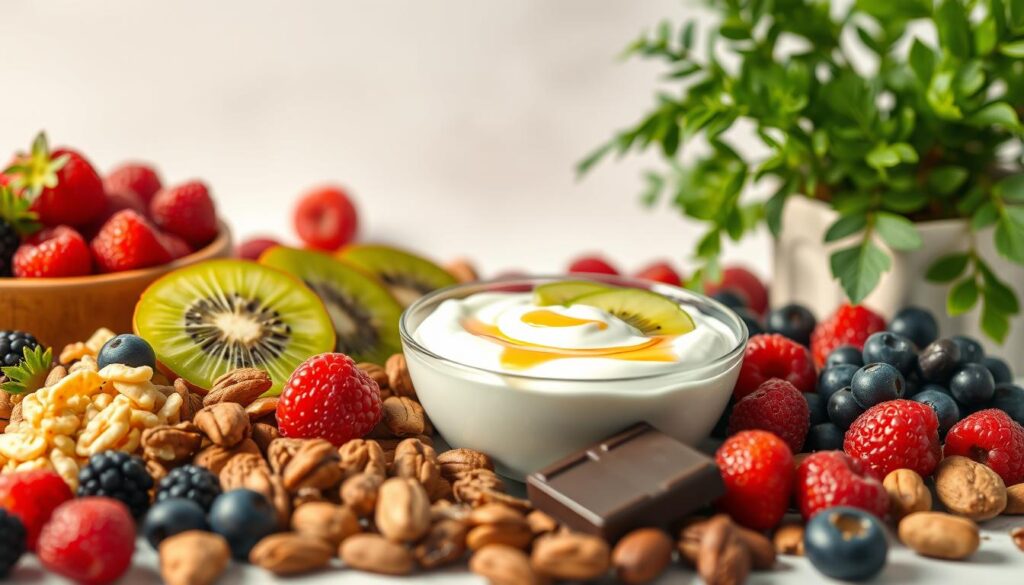
Eating different mood-boosting foods can really help your emotional health. Adding brain-healthy foods to your diet is good for your body and mind. Here are some tasty options to try:
- Dark Chocolate: It’s full of flavonoids. Dark chocolate can make you feel happier by boosting serotonin in your brain.
- Bananas: This simple fruit is full of vitamin B6. Vitamin B6 helps make neurotransmitters that make us happy.
- Fermented Foods: Foods like yogurt and kimchi are good for your gut. Studies show they might also help your mental health.
- Berries: Blueberries and strawberries have lots of antioxidants. These can help lower stress and make you feel better.
- Leafy Greens: Spinach and kale are rich in magnesium. Magnesium helps keep your mood steady.
- Oily Fish: Salmon and sardines are great for your brain. They have omega-3 fatty acids that fight depression.
Adding these foods to your meals can make eating more fun. It also helps improve your emotional health.
The Power of Antioxidants in Mood Management
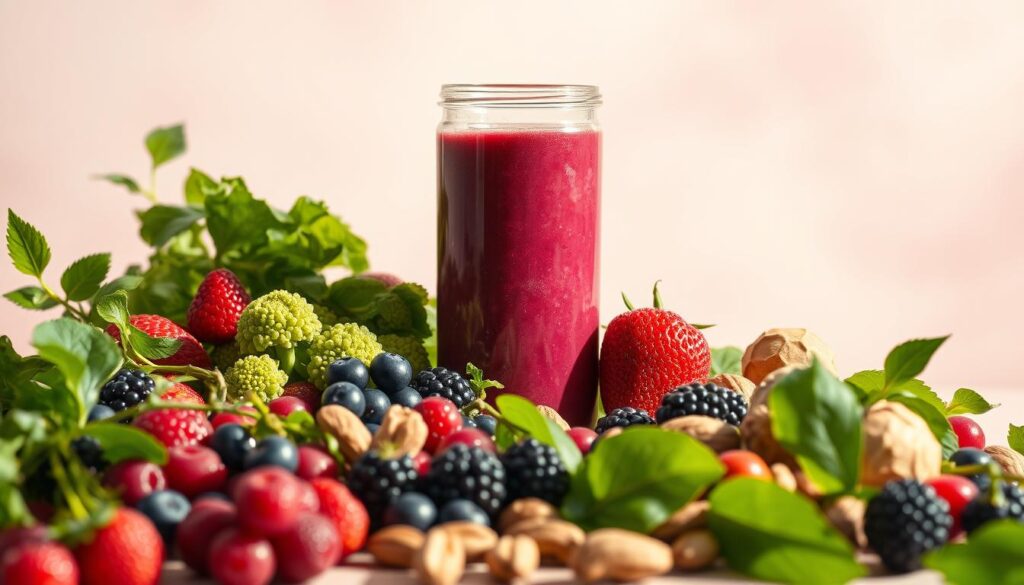
Looking into how antioxidants affect your mood can be really interesting. They fight oxidative stress, which links to inflammation and mood. Eating more foods full of antioxidants can help your mental health.
Berries like blueberries, strawberries, and raspberries are full of antioxidants. They make your food taste good and help your mood. Adding these fruits to your day can make you feel better.
Studies show antioxidants help lower inflammation and boost mood. They fight oxidative stress, which can help with anxiety and depression. Try adding spinach, kale, and beets to your meals.
It’s fun to find tasty ways to eat these foods. You can add them to smoothies, salads, and snacks. Eating these foods helps your health and mood.
Strategies for Healthy Snacking
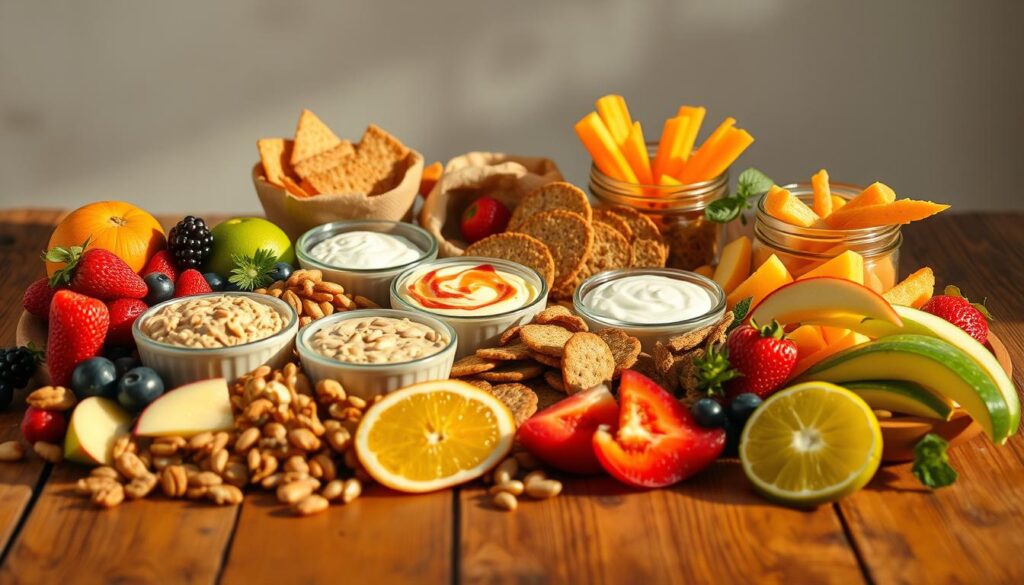
Adding healthy snacks to your day can really help your mind. The right snacks boost nutrition for mental health and keep your energy up. Choose snacks that make you feel good, not ones that make you crash.
Having good snacks ready can change how you handle stress. Here are some great choices:
- Nuts and seeds: They have healthy fats and protein for lasting energy.
- Yogurt: It’s full of probiotics, which are good for your gut and mood.
- Fresh fruits: They’re sweet and full of vitamins, making you feel happy.
Plan and make snacks before you need them. Put them in containers you can carry. This way, you always have a healthy snack ready. It helps you avoid bad eating and keeps your mind healthy.
Caffeine and Its Effects on Well-being

Caffeine is a big part of our daily lives, affecting our mental health and nutrition. It’s found in coffee and can make us feel better or worse. Drinking coffee in moderation can make us feel more alert and happy.
But, too much caffeine can cause anxiety and mess up our sleep. This can make us feel worse than before. Knowing how much caffeine we can handle helps us stay calm and balanced.
To get the good from coffee without the bad, try these tips:
- Don’t drink too much caffeine to avoid feeling jittery.
- See how your body reacts to different amounts of caffeine.
- Choose high-quality caffeine sources instead of lots of it.
- Drink coffee with healthy snacks to help your mental health.
Being careful with caffeine can help us feel better without harm. It’s all about finding the right balance and knowing ourselves. This way, we can make choices that help our well-being.
Creating a Dietary Plan for Stress Relief

Creating a good dietary plan can really help your emotional health. Start by choosing foods that make you happy. Look for foods that are full of nutrients to boost your mood.
A balanced diet is key. It should have healthy fats, lean proteins, whole grains, and lots of fruits and veggies. This is a great start for your mental health.
Here are some tips for your dietary plan:
- Regular meals: Eat at the same times every day. This helps keep your mood and energy steady.
- Hydration: Drink water all day. Dehydration can make you tired and anxious.
- Mood-boosting foods: Add berries, nuts, and dark chocolate to your meals. They help you feel happy.
- Mindful eating: Eat slowly and without distractions. This makes you enjoy your food more.
Don’t be afraid to try new recipes. This keeps meals fun and supports your health goals. A good diet does more than just feed your body. It also helps your mind, making you stronger against stress.
The Importance of Hydration for Mental Health

Drinking enough water is key for your mental health. It helps you think clearly and feel balanced. But, not drinking enough can make you tired, moody, and hard to focus.
Even a little dehydration can mess with your brain. It makes it tough to handle stress and think straight.
To stay hydrated, try these simple tips:
- Start your day with a glass of water.
- Use a refillable water bottle to drink more.
- Drink herbal teas for a calm feeling.
- Eat foods that help you stay hydrated, like cucumbers and oranges.
Drinking enough water can really boost your mood and brain power. So, make sure to drink plenty for a better life.
Food and mood are closely linked. We talked about how what you eat affects your feelings. Eating well can make you feel better and think clearer.
Think about what you eat now. Try to eat foods that make you feel good. Eating fruits and veggies can help a lot.
Food is very important for your mind. Eating right can make you happier and healthier. Start eating better and see how it changes you.
FAQ
How does food affect my mood?
What are some examples of mood-boosting foods?
How can I manage emotional eating?
What role do antioxidants play in mental health?
How can I create a dietary plan for better mental health?
Does caffeine affect my mood?
Why is hydration important for mental clarity?
What are practical strategies for healthy snacking?
Written by lana saleh
Leave a Reply Cancel reply
You must be logged in to post a comment.
Best offers
Join Risk Free
Subscribe Now
100% Safe
Secure Shopping
24x7 Support
Online 24 hours
Best Offers
Grab Now
Free Shiping
On all order over
Know Us

Your go-to online destination for inspiration, guidance, and resources across various aspects of daily living, covering topics like wellness, style, home, relationships, personal development, and more, all aimed at helping you cultivate a fulfilling and intentional life
Read MoreRecent Posts



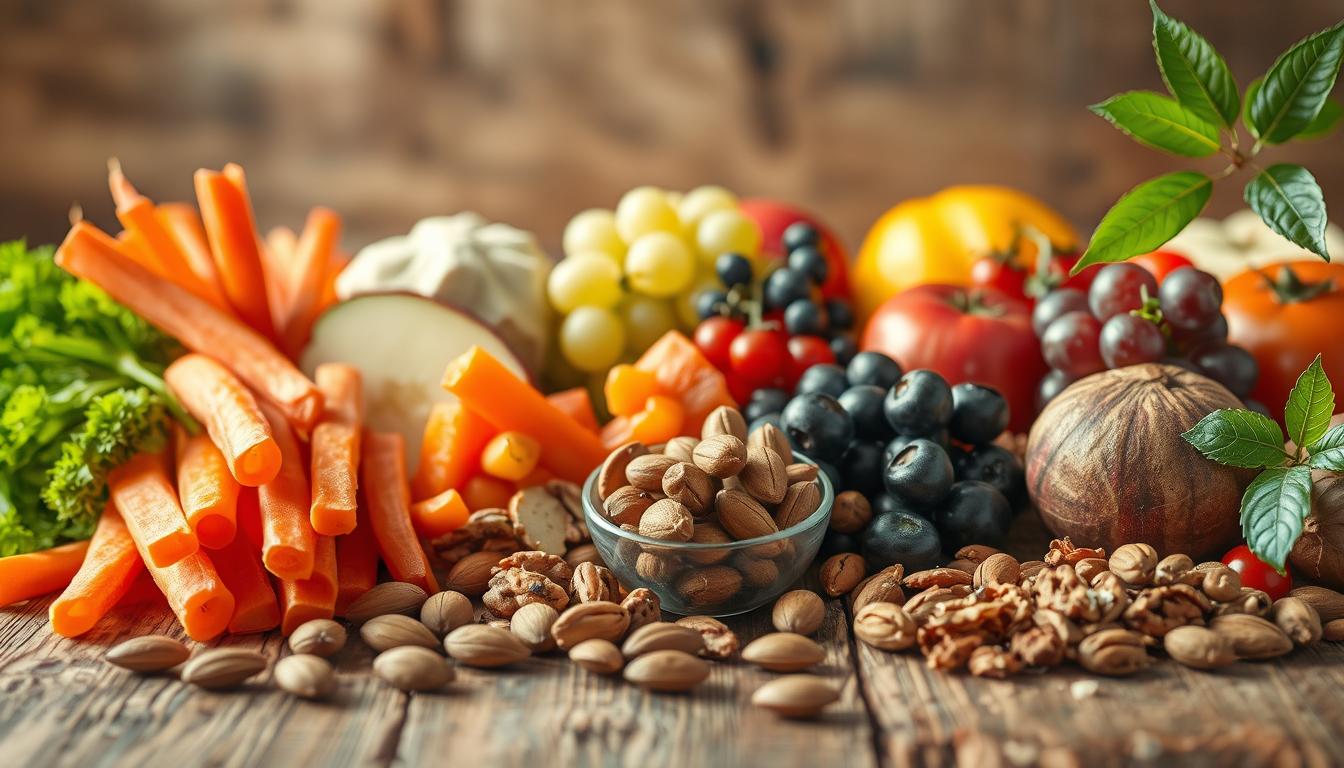


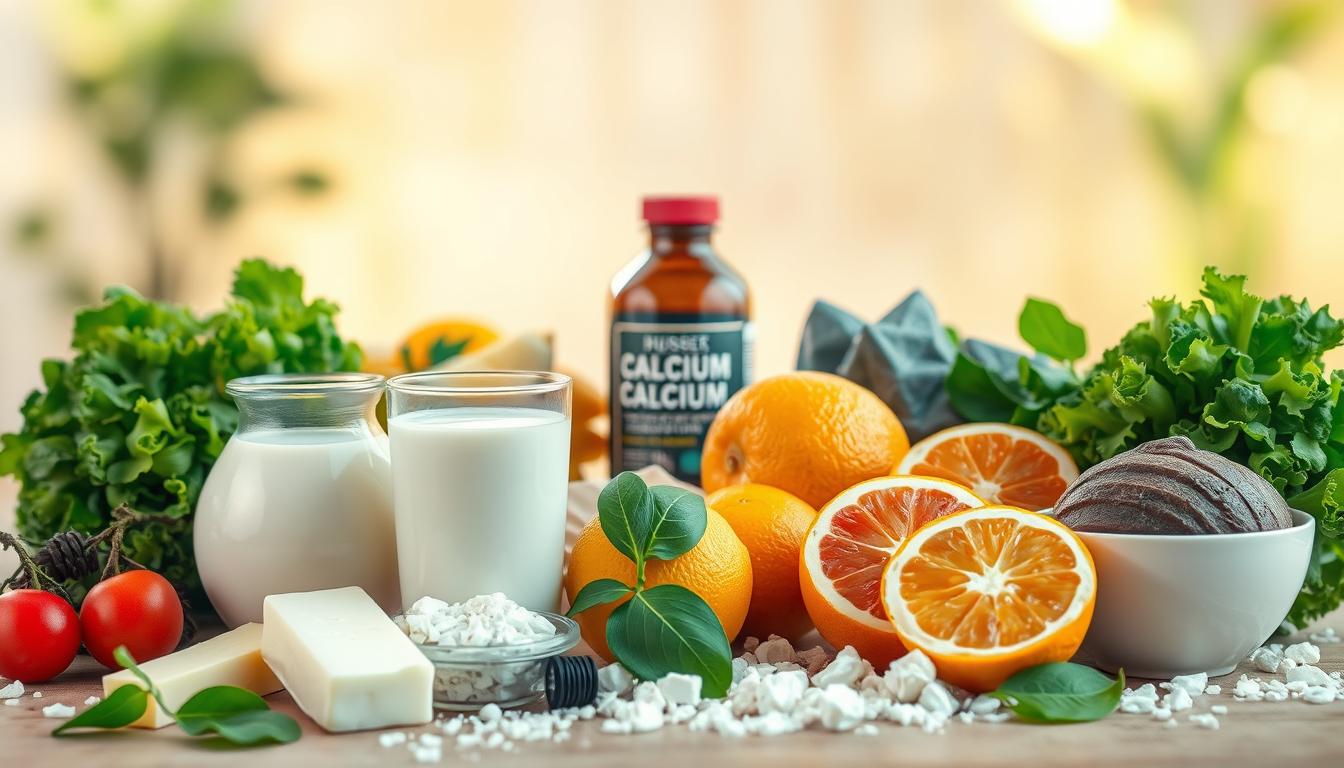
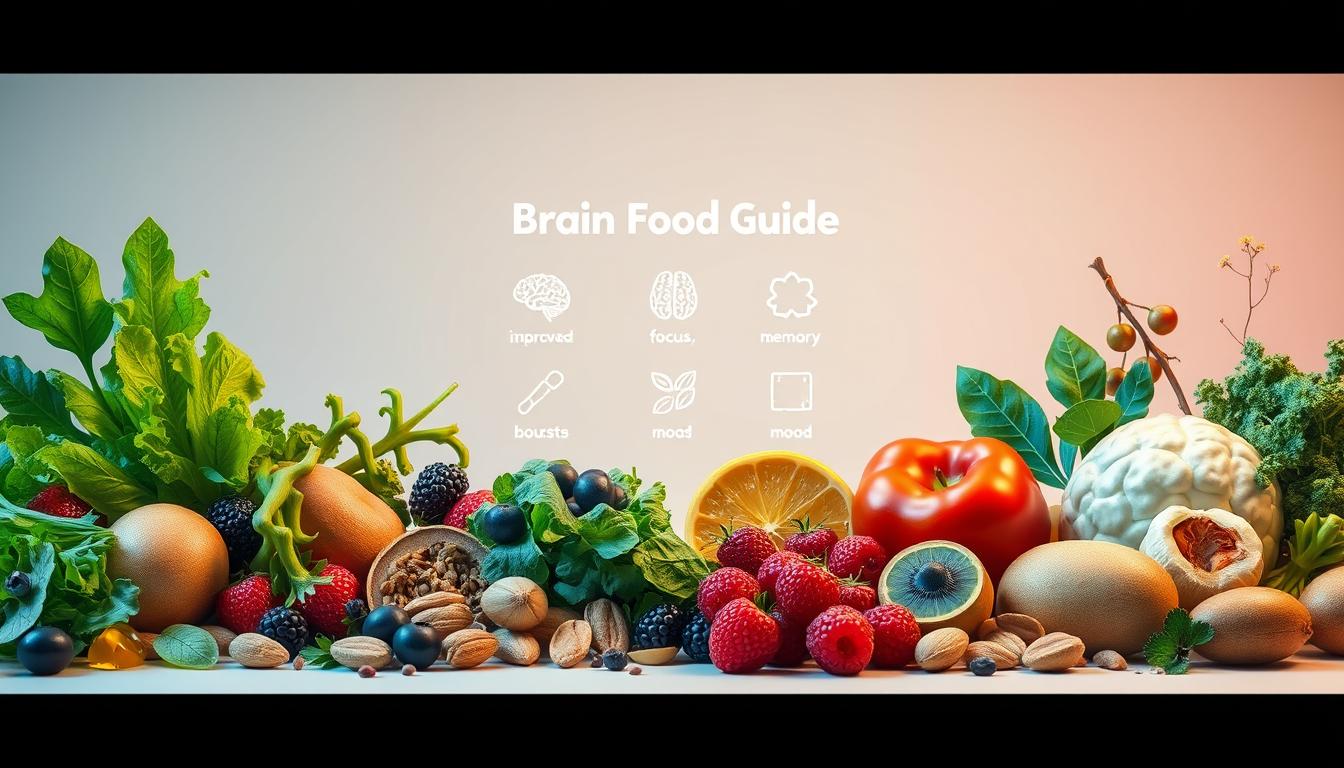



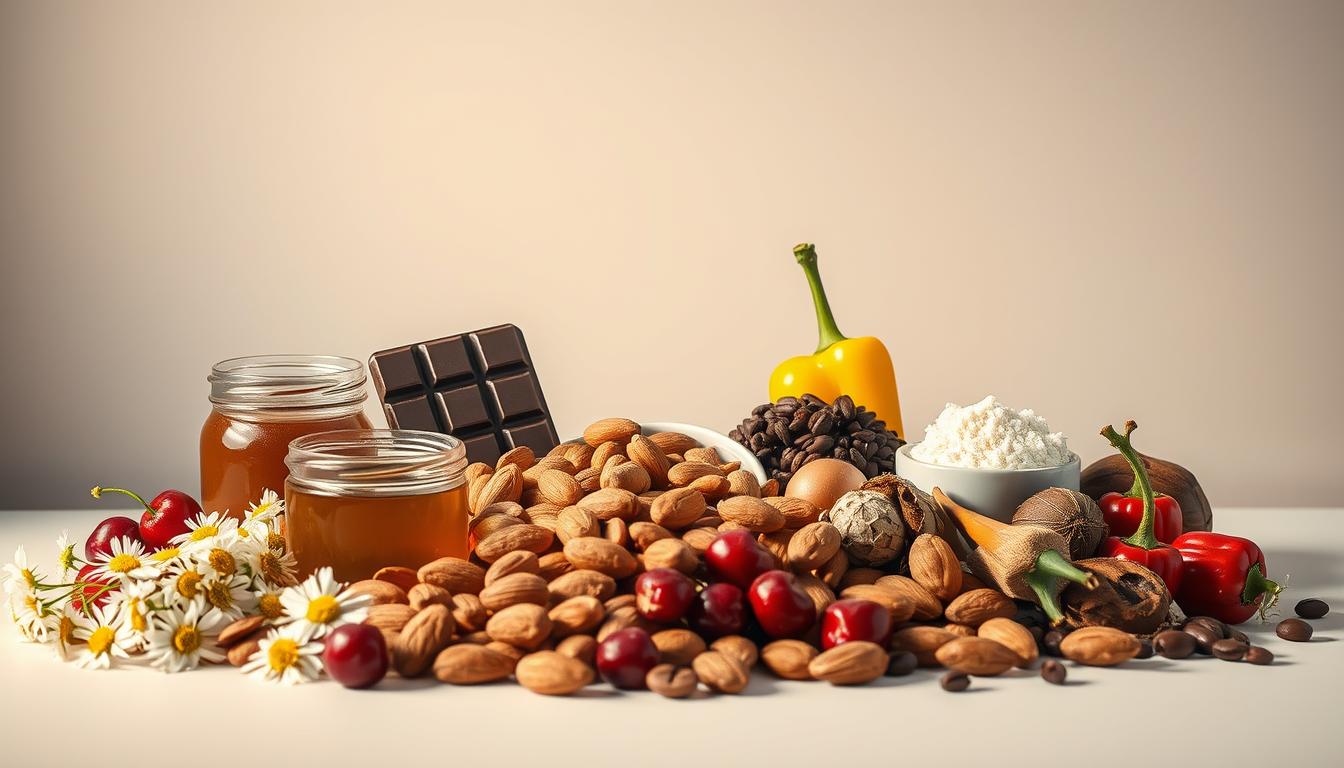


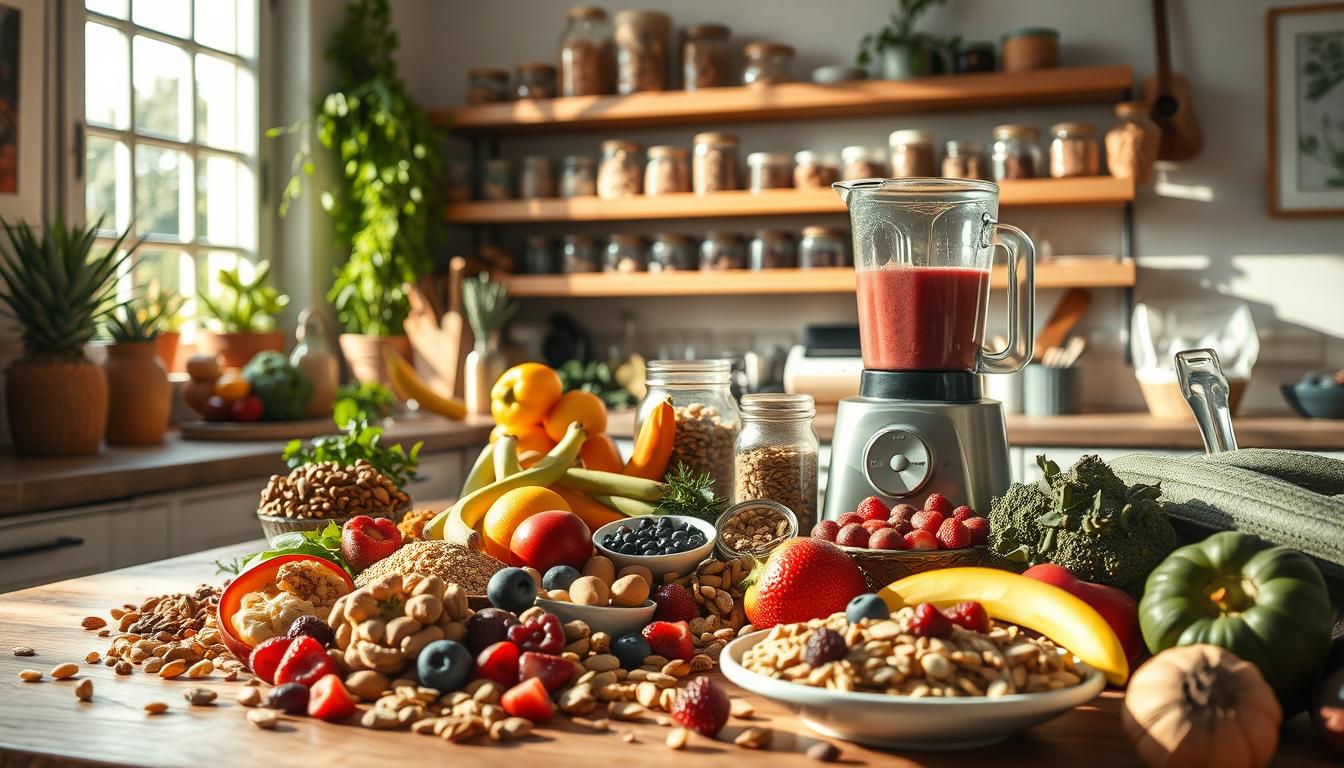

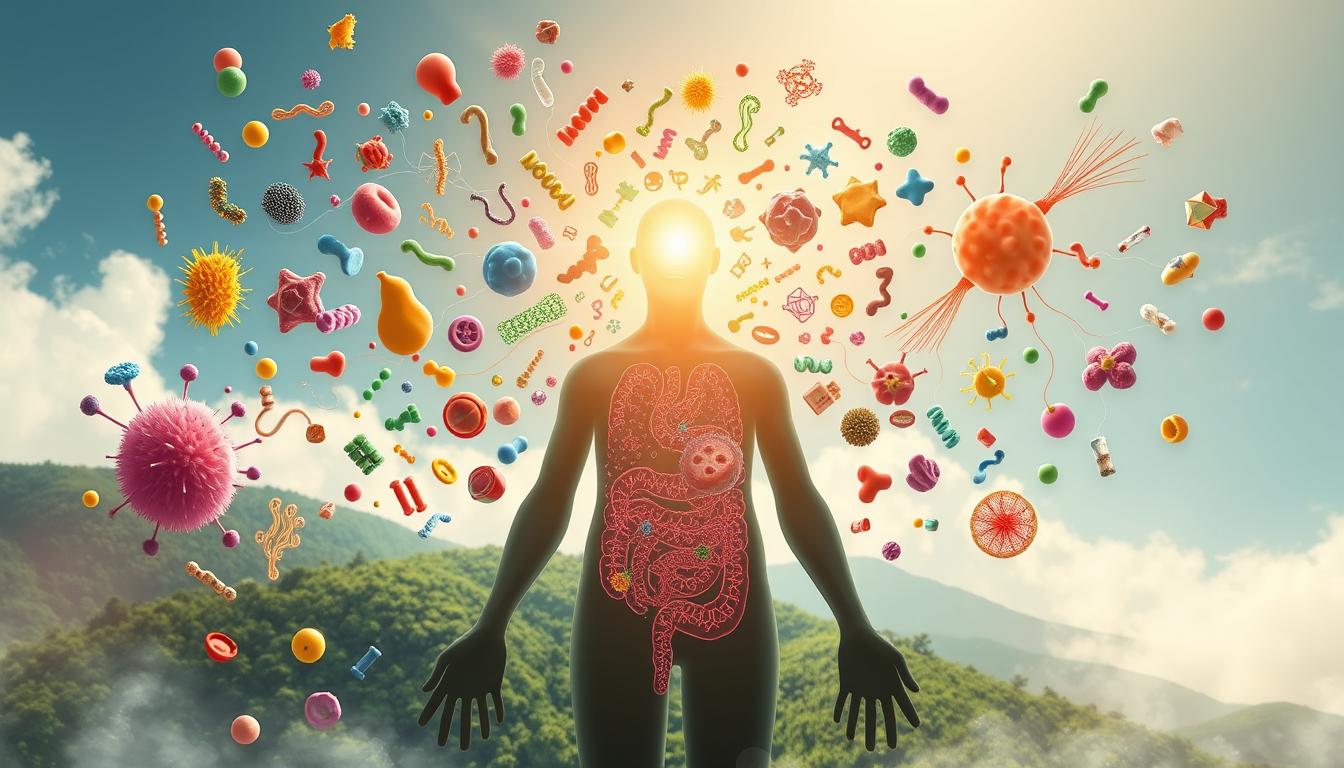
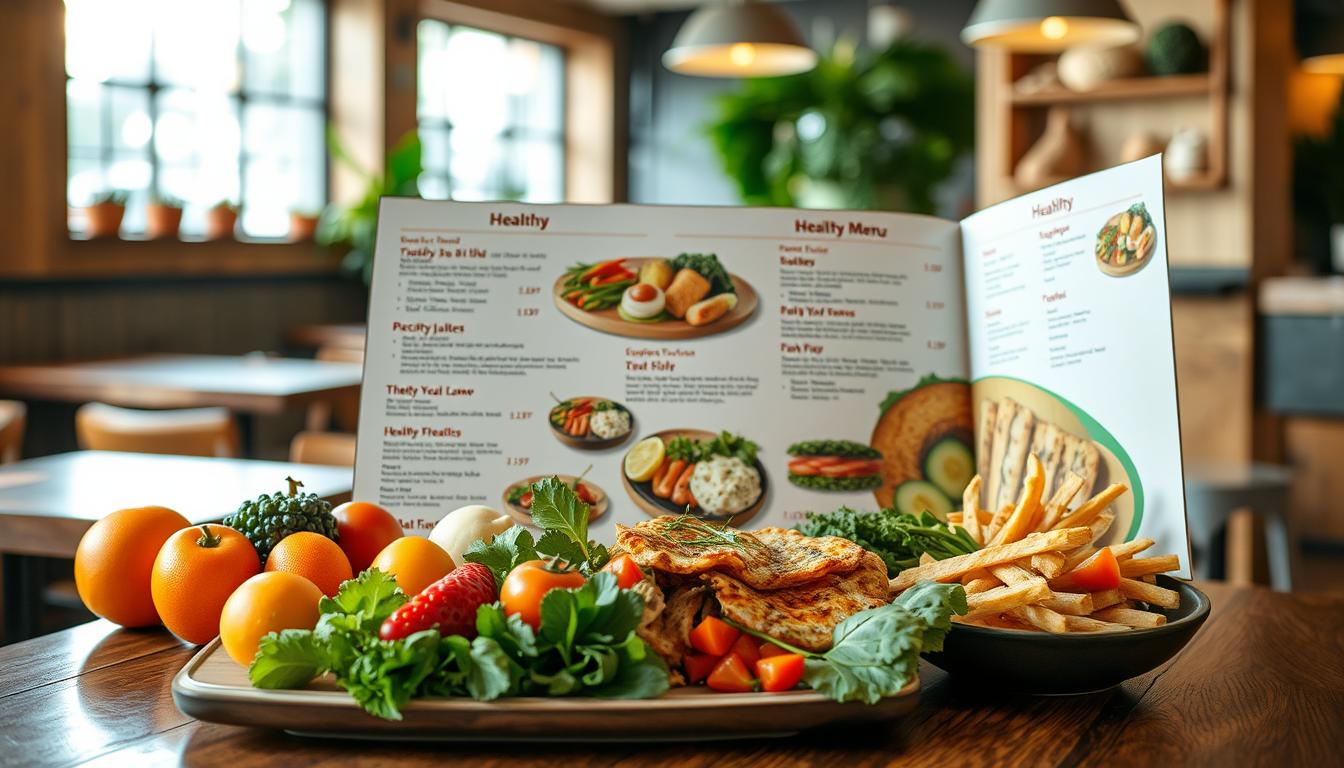


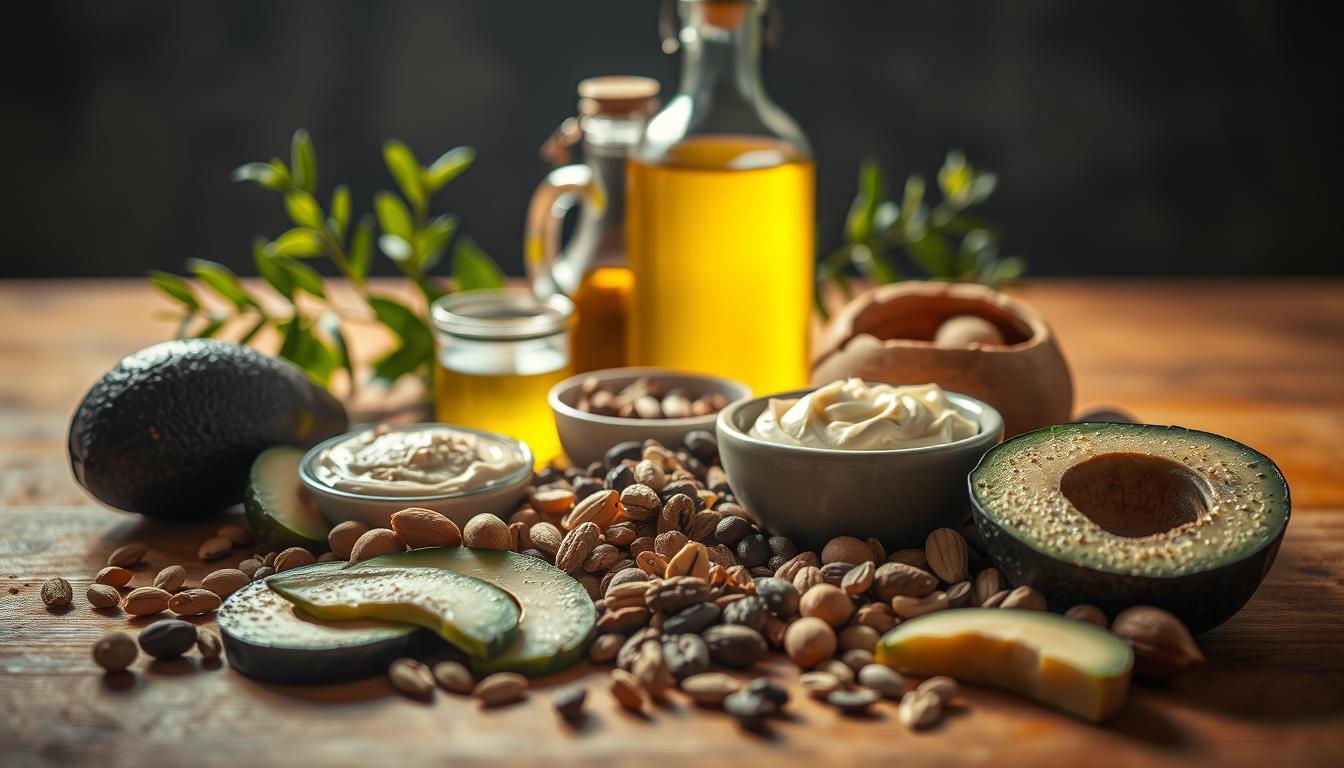

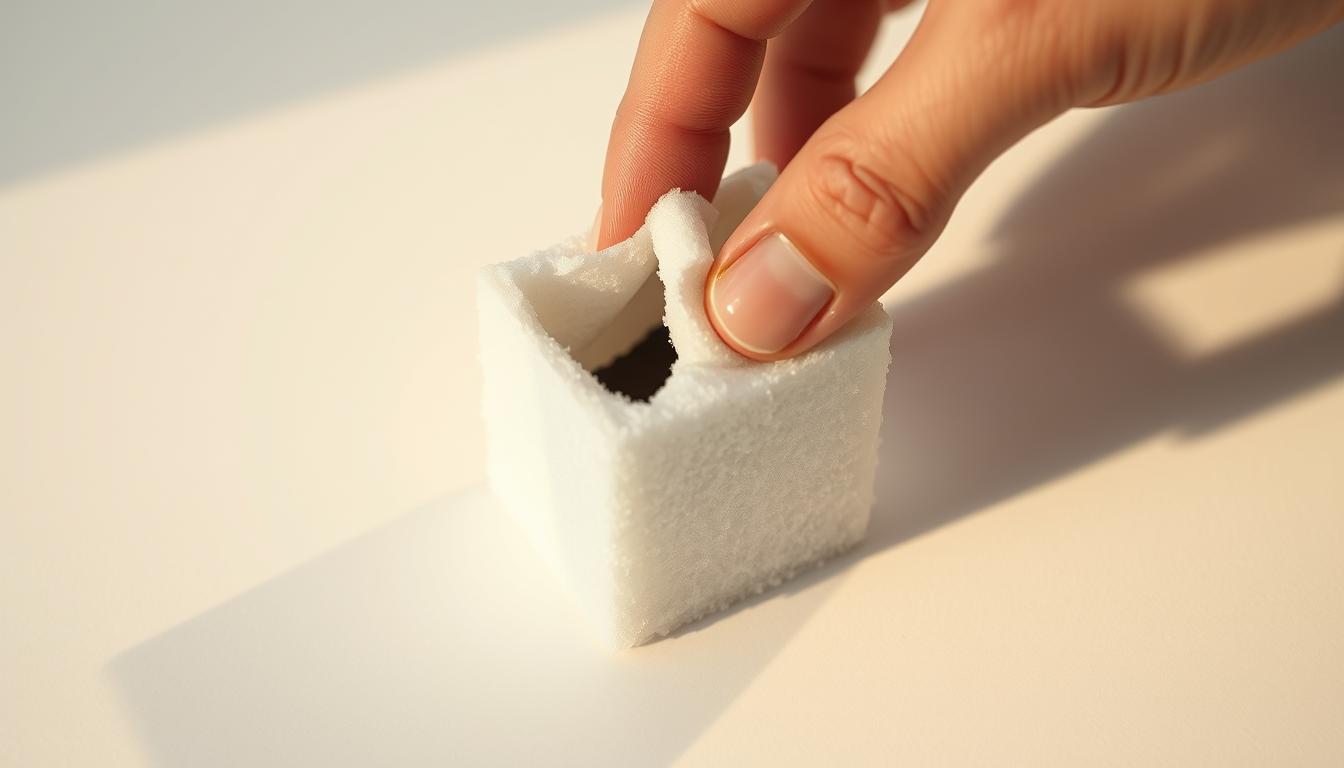


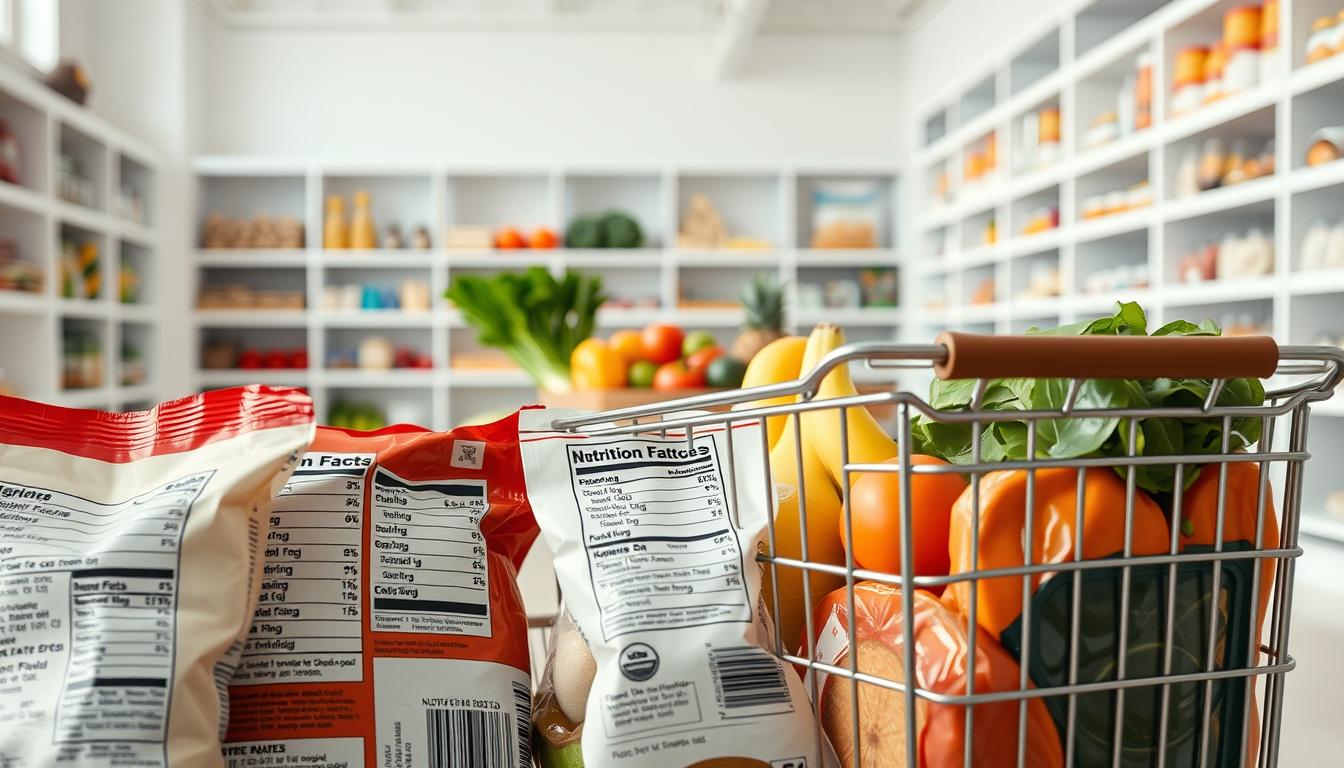
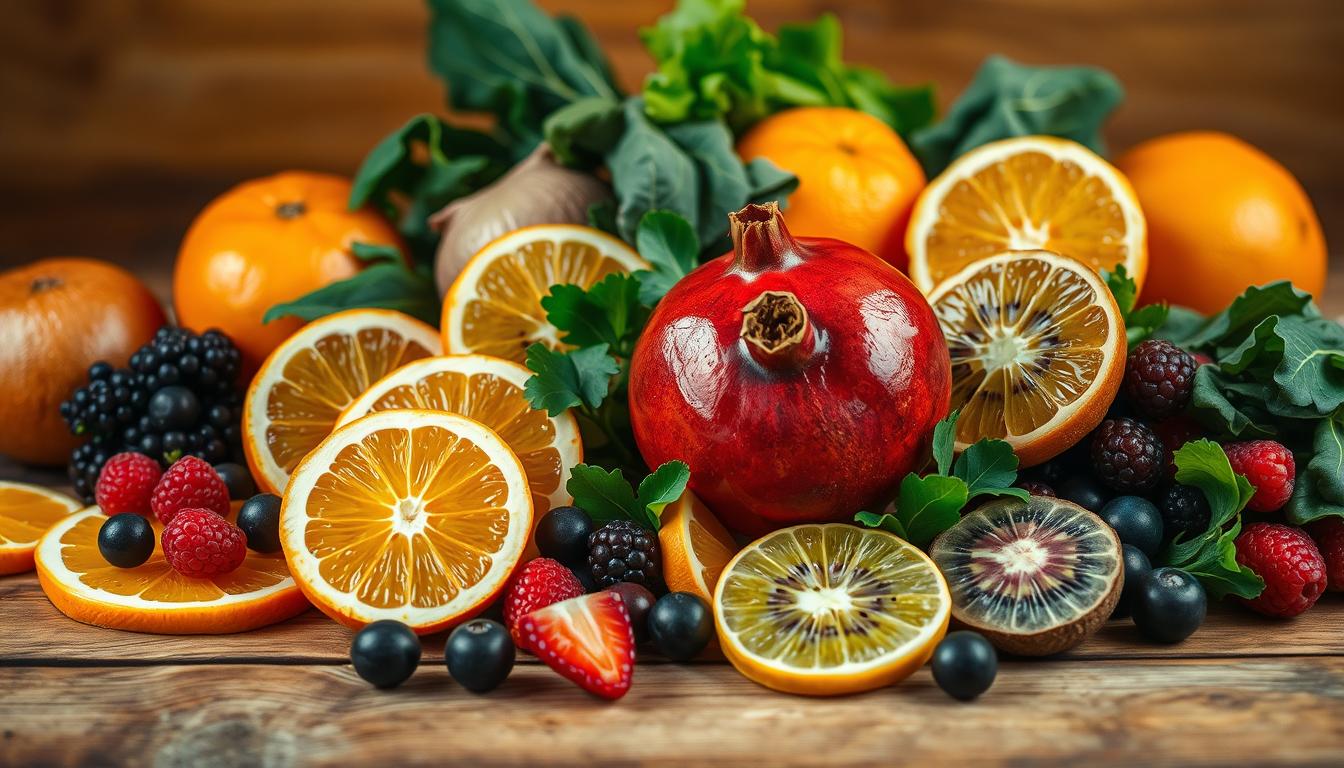

















Product Showcase







